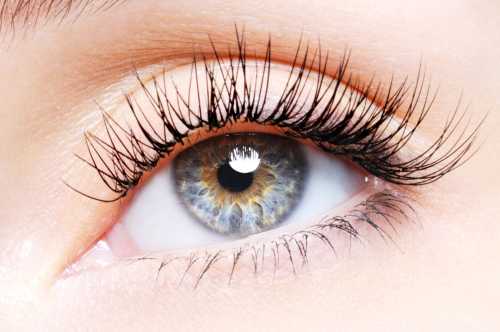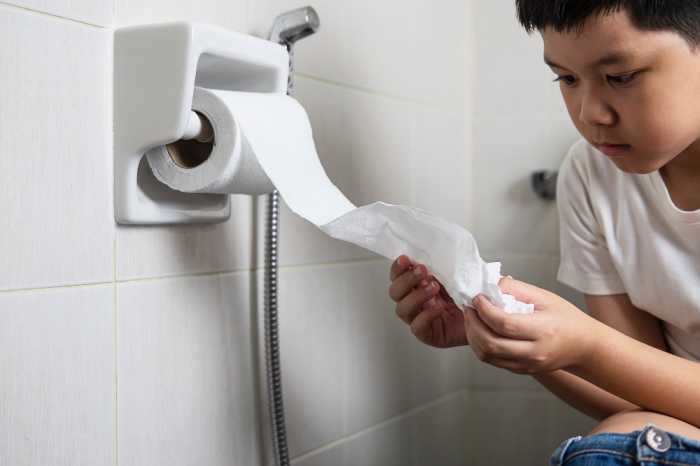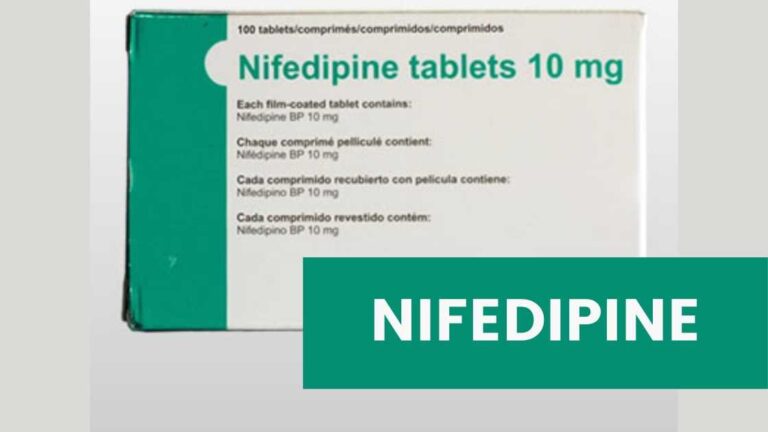Occasionally people experience sensations or unusual sounds in the ear. This Crackling sound could be described as buzzing, hissing, ringing sounds, popping in the ear, etc. These noises are sometimes pressure released by the ears.
Other times it can mean there are some issues with your ears such as impacted earwax, eustachian tube dysfunction, acute otitis media.
Crackling in the ears can also be caused by other factors such as allergies and sinus infections.
Crackling in your ear is not a condition that one should take lightly. It could mean you have a serious infection or tumor on your eardrum, and if left untreated it can lead to hearing loss.
See your doctor or any qualified health personnel to get checked out to determine what is causing it and if you can treat it.
In this article, you will get to know the common causes of crackling noises in your ear, the remedies, and tips on how to prevent it for those who do not experience it.
How long does crackling in the ear last
Crackling in the ear can last a few days or weeks depending on its severity. If it persists for a long period, kindly seek medical attention.
What causes crackling noise in your ear
There are many causes of crackling noise in the ear. We will discuss the most common causes of ear crackling.
Eustachian tube dysfunction (ETD)
The eustachian tube is a small narrow tube that connects the middle part of your ear to the back of your nose and upper throat. There is one for each ear.
They keep pressure in the middle of your ear equalized along with the pressure in your surrounding location or environment. They are also responsible for draining fluid from the middle part of the ear. Eustachian tubes prevent infection in the middle of the ear.
ETD is a common condition that is caused by cough or the common cold. When these tubes do not function well, it can cause your ears to crackle.
Blocked eustachian tubes can also cause pain, hearing difficulties, and a feeling of fullness in the ears. Sometimes people suffering from ETD also experience deafness.
This is usually temporary and is caused by the eardrum becoming stiff as a result of increased pressure. Allergies, nasal tumors, enlarged tonsils are also causes of eustachian tube dysfunction.
Acute otitis media
This is an infection of the middle part of the ear. This infection can cause you to experience a popping or crackling sound. Acute otitis media is mostly caused by ETD. Fluid builds up in the middle ear when the tubes are blocked and this leads to infection.
People with acute otitis media may experience ear crackling due to narrowed or blocked Eustachian tubes. This infection is more common in children than in adults.
Symptoms of acute otitis media include ear pain, difficulty in hearing, pain in the ear, fever, headache, difficulty in sleeping, low appetite amongst others.
Accumulation of earwax
Another cause of crackling in your ear is the buildup of earwax. It is a common issue that can cause unusual popping or crackling sounds in the ears.
Earwax aids to lubricate and protect your ear canal from infection. It is made up of secretions from glands in your outer ear canal, which is the part closest to the opening of your ear. Earwax naturally discards from the ear.
It can sometimes get stuck in your ear canal resulting in a blockage. This can happen if you push the earwax deeper into your ear by poking with an object such as a cotton swab (ear cleaner). The buildup of earwax can cause crackling sounds in your ear.
Some symptoms of earwax buildup include itchiness, partial hearing loss, ear discomfort, a feeling of your ears being full.
Middle ear myoclonus (MEM)
This is a rare type of tinnitus (when you experience ringing or other noises in one or both of your ears). MEM makes you experience a tapping sound. Middle ear myoclonus occurs due to the spams of certain muscles located in your ear (stapedius and tensor tympani).
These muscles are responsible for transmitting vibrations from the eardrum and bones in the idle ear to the inner ear. When the stapedius muscle spasms, it can cause a cracking sound. When the tensor tympani muscle spasms, you may hear a clicking sound.
Temporomandibular joint disorders (TMJ)
The temporomandibular joint (TMJ) attaches your jawbone to your skull. There is one on each side of your head, located just in front of your ears. The joint works as a hinge, and can also perform sliding motions.
A disc of cartilage located between the two bones helps to keep the movement of this joint smooth. Injury or damage to the joint or erosion of cartilage can lead to TMJ disorders.
Suffering from TMJ disorder can make you hear or feel crackling sounds especially when you open your mouth or chew.
Other symptoms of TMJ disorder include pain in the ear and around the jaw, stiffness in the jaw muscles, limited movement of the jaw, locking of the jaw.
Diagnosis for ear crackling
Doctors use your medical history and conduct physical exams to diagnose the cause of ear pain, crackling, or other ear symptoms. During the exam, the doctor looks inside the ears using an otoscope. Diagnosis can also be based on a person’s medical history and this exam alone.
In other instances, specialized tests, such as hearing tests, can help determine a diagnosis.
Is there treatment for crackling in the ears?
Treatment for crackling in the ears is not necessary especially if the symptoms happen occasionally. Treatment options may also depend on the underlying cause. For example
Ear drops
Ear drops such as olive oil drops may soften the wax inside the ear for easy removal.
Manual earwax removal
A doctor may use different methods to remove earwax.
Placement of ear tubes
A doctor can place tubes in the eardrums to equalize pressure in the ear and drain fluid. In some instances, the insertion of a small balloon catheter opens up the eustachian tubes, treating dysfunction.
A bite-guard
Bite guards sometimes provide relief for people with TMJ disorders. Surgery for TMJ disorders is a last resort and not always successful.
Antibiotics
Doctors may recommend antibiotics such as amoxicillin for severe ear infections or those that last longer than 5 – 7 days.








Leave a Comment